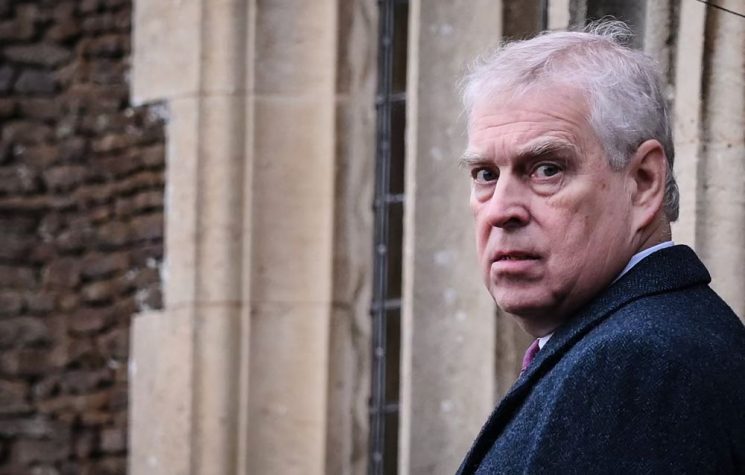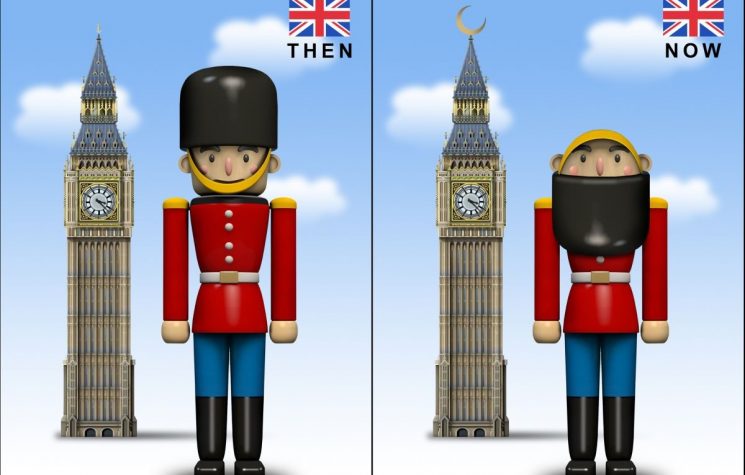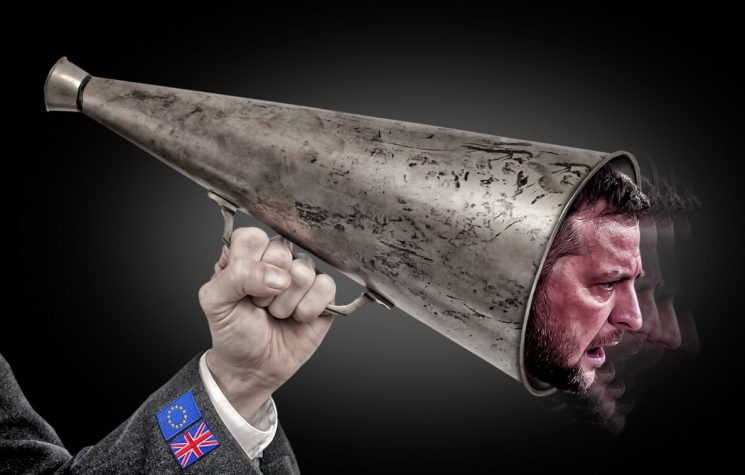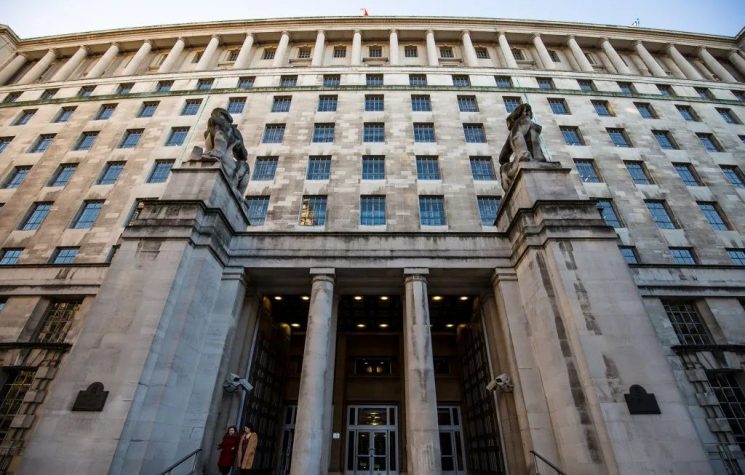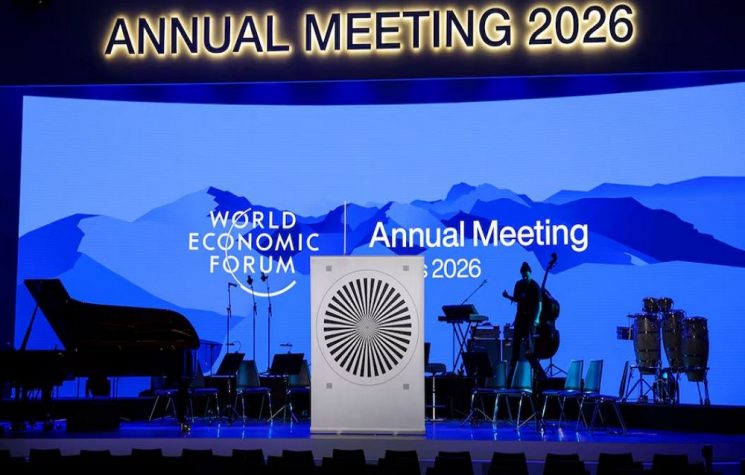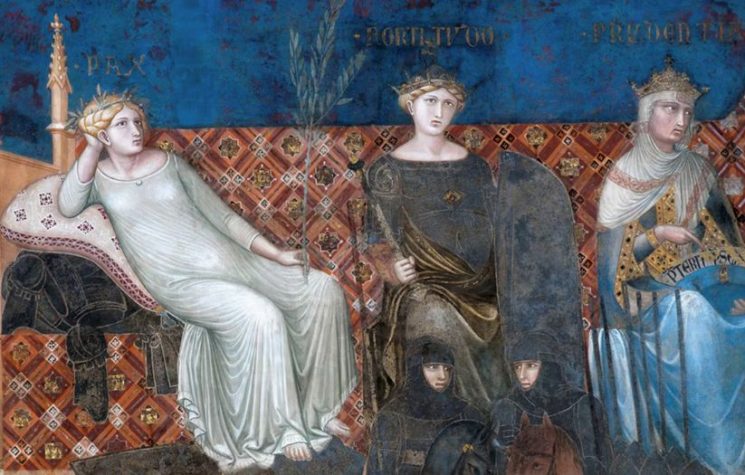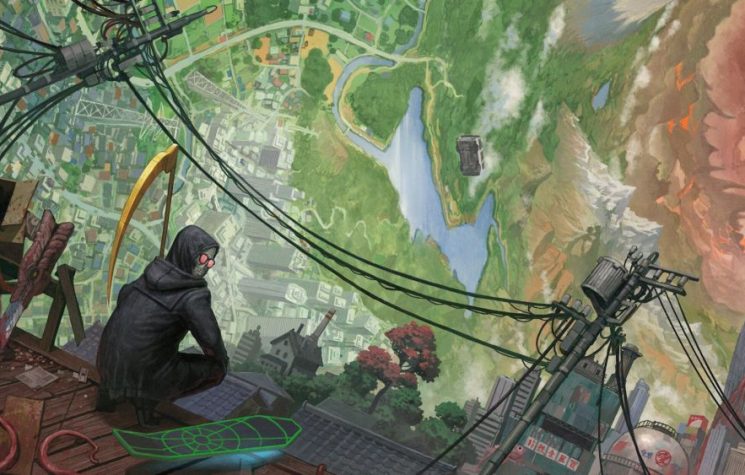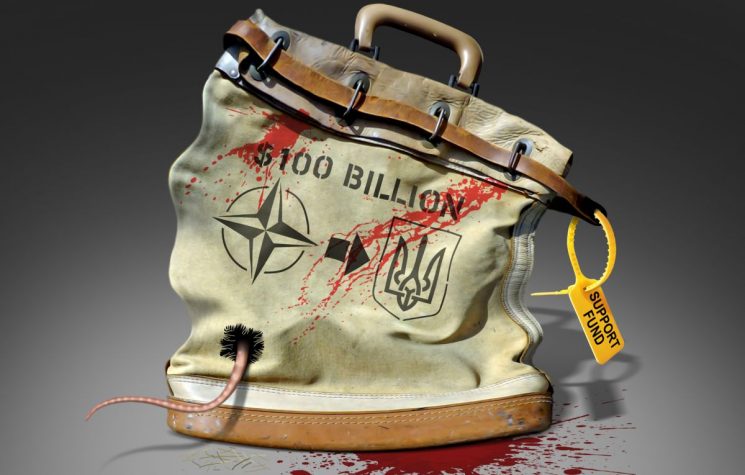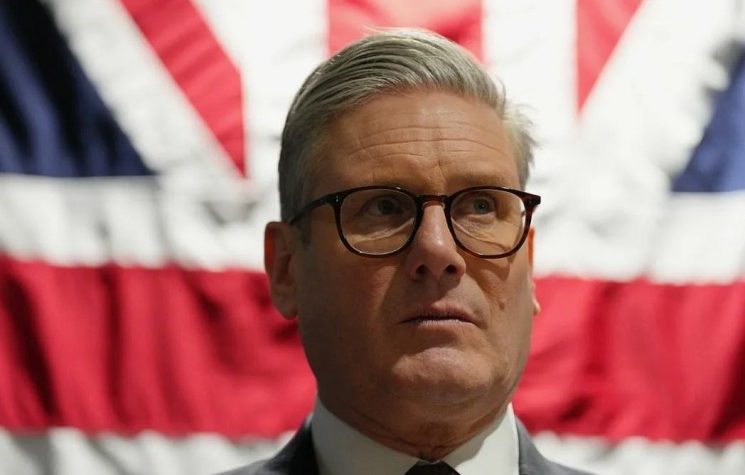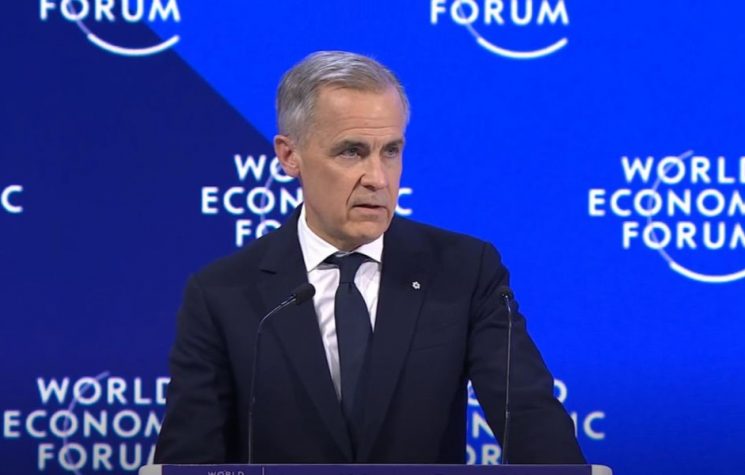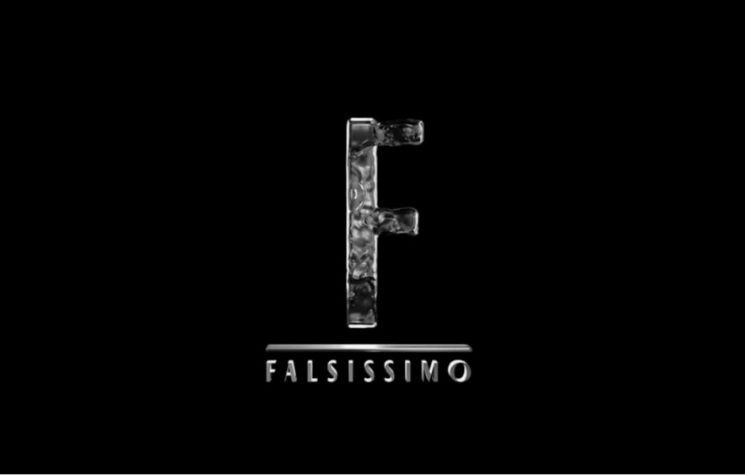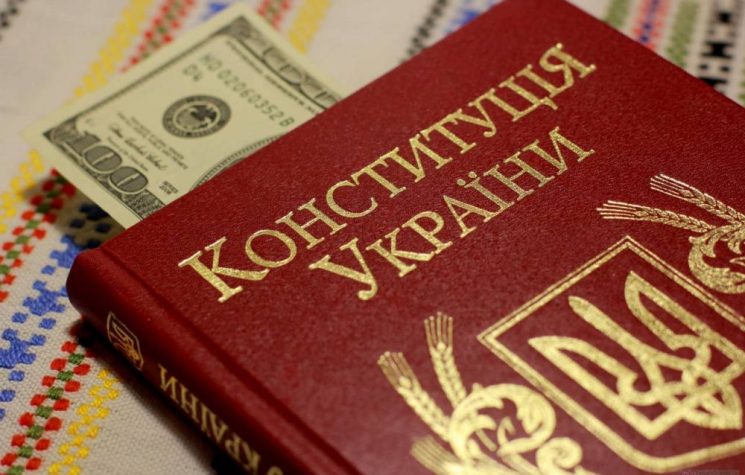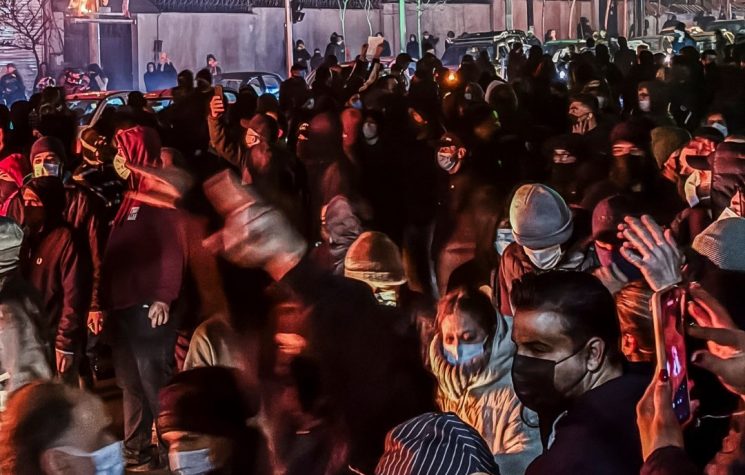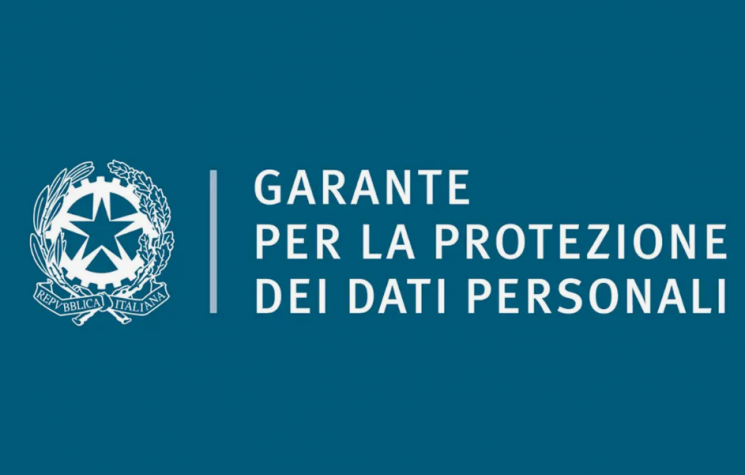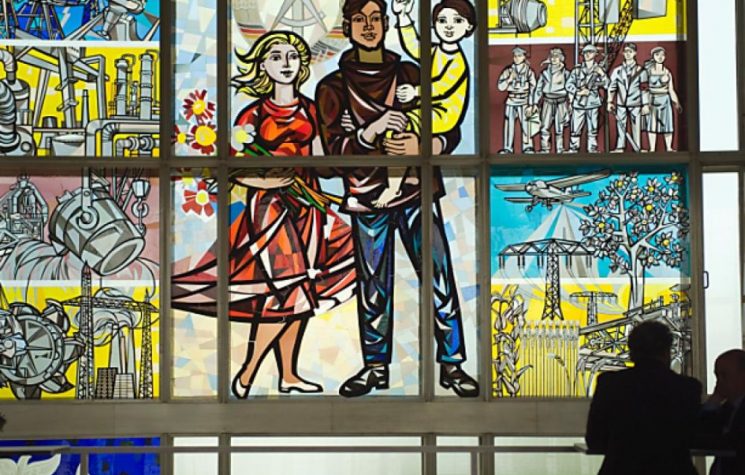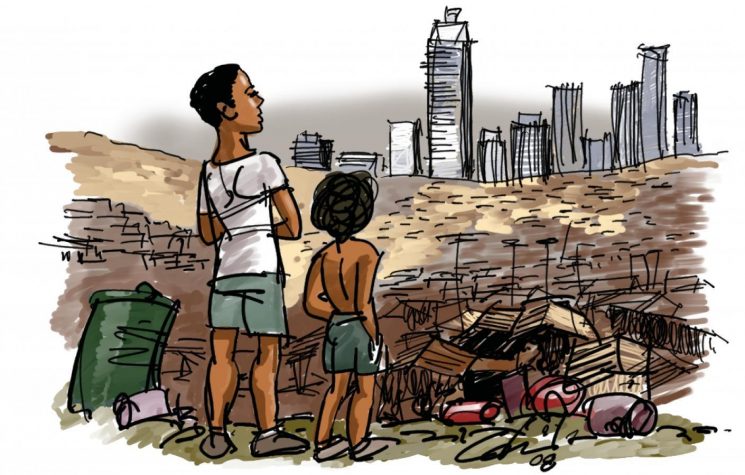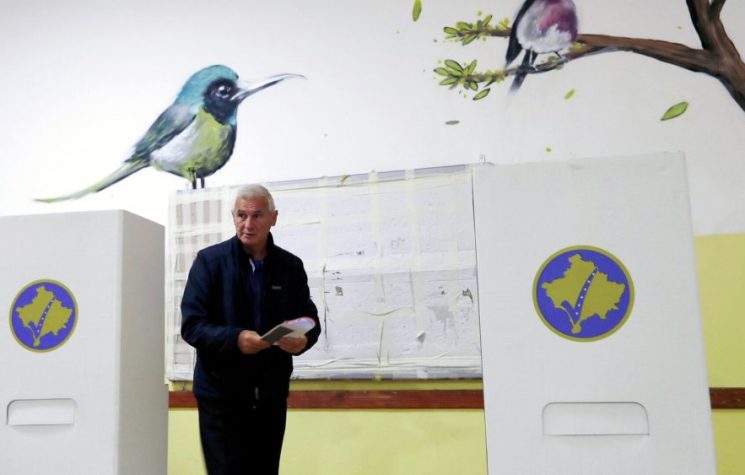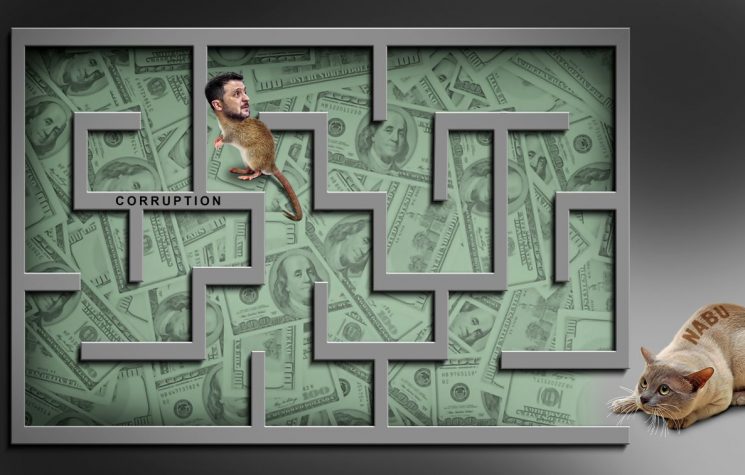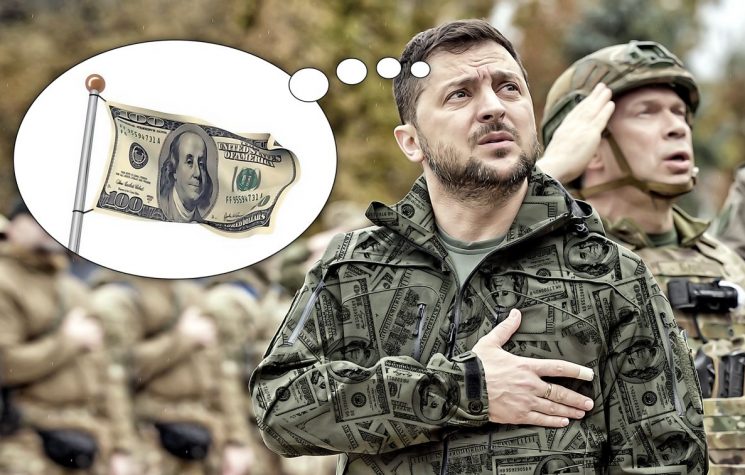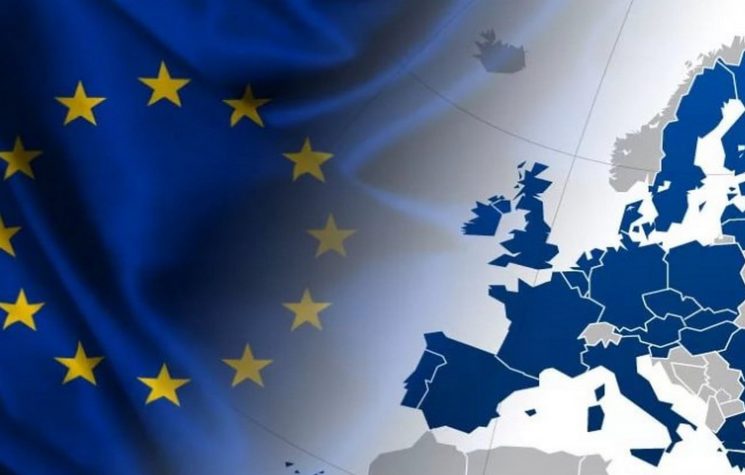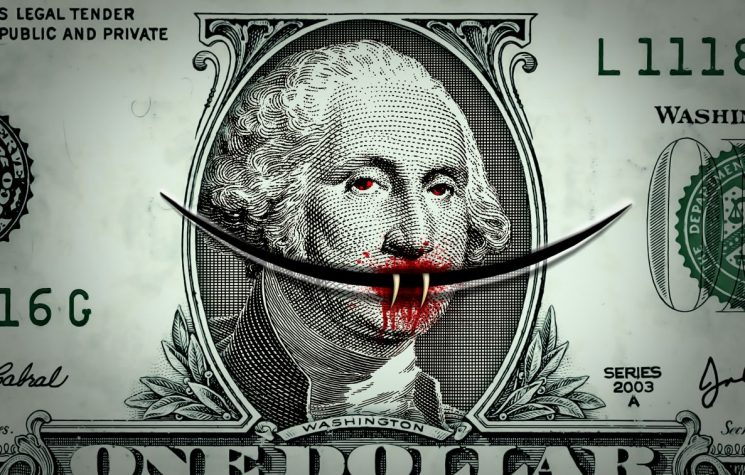Corruption has co-opted the media, which now operates as a propaganda machine, indoctrinating the public into believing that it exists to hold power to account.
Contact us: info@strategic-culture.su
Every day, the world feels increasingly dystopian, with headlines that read like poorly scripted comedies—except the tragedy is that this is real life. A game show host is now president of the USA. A fame-hungry boyband member is lauded as a hero for aimlessly wandering the earth begging for money to fund an unwinnable war, all while serving as the figurehead of a US puppet state, Ukraine. The UK’s Prime Minister is a personification of malleable grey paint with a permanent cold—like a “Where Are They Now?” episode featuring Wendell from The Simpsons. Perhaps most ludicrous of all, the left are now raging with the machine, transforming into supposedly virtuous war hawks. And that’s before even mentioning the power struggles in France—but we’ll leave “Brigitte” for another day.
Historians tell us that we’re constantly evolving, reaching the pinnacle of civilisation, despite evidence to the contrary proving they’re probably “talking Balbeks”. Corruption and incompetence are more blatant than ever. Even Trump’s most fervent supporters—those who believe he is “draining the swamp”—don’t deny that the swamp exists. Meanwhile, the relentless rise of authoritarianism continues across the West, unfazed by whichever party holds pseudo-power. We are spoon-fed the illusion of democracy and accountability while political stooges grandstand about diversity, equity, and inclusion—all while goading us towards World War III. Indiscriminate drone bombings—now that’s the kind of “inclusion” we’ve really perfected. How virtuous and civilised we’ve become.
With tribalism at an all-time high, orchestrated by puppet masters overseeing the duopoly, the left blames corruption on Big Business, while the right insists Big Government is the problem. Both sides can justify their stance with an abundance of examples. The left points to the fentanyl crisis, asbestos in the food supply, Monsanto and Bill Gates engineering famine to buy up farmland, and sweatshops exploiting child labour to cut costs and maximise profits. The right fires back with Pelosi’s insider trading, the relentless plethora of political scandals (Watergate and Iran-Contra, for example), and witch hunts against candidates deemed problematic to the deep state, such as Trump and Jeremy Corbyn; the water crisis in Flint; and California’s disastrous handling of wildfires. By arguing in this binary, tribal way, both sides obscure the actual cause: it isn’t Big Business or Big Government—the problem is Big itself, and we are all as blind as Carrie Bradshaw, deluded and manipulated, doomed to become wrecks in the city.
The core issue is scale. The larger an institution becomes, the more power it exerts. And power doesn’t just corrupt; it attracts the corruptible. History is littered with examples: from Stalin to the British Empire, from Rome’s transition from republic to empire. As entities grow in size and influence, they become more cutthroat, corrupt, and Machiavellian, all while shedding ethical considerations.
A key driver of this is the erosion of individual accountability. No single executive at a pharmaceutical company explicitly signs off on the deaths of thousands of children in pursuit of profit. But through multiple tiers of management, a series of small decisions snowball into a callous strategy that no one person takes responsibility for. This is how evil operates. As organisations expand, they attract self-serving personalities drawn to power. Whether through ambition, coercion, or blackmail, they become corrupted, and moral rot takes hold.
Once an institution grows large enough, accountability disappears. Employees justify their actions: I was just doing my job. I have a family to feed. It was an order from above. When the public demands justice, a token scapegoat is occasionally thrown under the bus. But real consequences? Hardly. Remember all the bankers who went to jail after the fraudulent derivatives market collapsed in 2008, plunging millions into financial ruin? You don’t—because it didn’t happen. Remember the politicians imprisoned after the Panama Papers exposed their offshore accounts and shady dealings? Nope, because they all walked free. Even capitalist banks were handed socialist bailouts because they were deemed “too big to fail”.
Contrast this with Iceland, where citizens, fed up with corruption, assembled to take power into their own hands. They jailed the bankers and politicians who drove their country into economic ruin. Of course, over time, corruption will inevitably creep back in, but the lesson is clear: power is best kept in check when it remains small and decentralised.
Big Business and Big Government feed into each other. As businesses expand, ethical considerations dissolve in the relentless pursuit of profit. Hostile takeovers create oligopolies that not only eliminate competition but also infiltrate the government itself. Meanwhile, politicians, once idealistic, become complicit in corruption, lured by donations, gifts, prestige, and material gain. Through lobbying and revolving-door careers, industry titans subtly dismantle democracy, ensuring that politicians serve their shareholders, not the people. This fusion of state and corporate power is the actual definition of fascism—not the lazy misnomer used against anyone who questions whether biological men should compete in women’s sports.
Worse still, this corruption has co-opted the media, which now operates as a propaganda machine, indoctrinating the public into believing that it exists to hold power to account. Social media has amplified exposure to incompetence and corruption, but are we just more aware of what has always existed? To a degree, yes. But the problem runs deeper.
Take Survivor, the reality show that perfectly encapsulates the trajectory of human society. Early seasons were about teamwork—contestants collaborated to survive. Self-serving players were cast as villains, and the winners were those who demonstrated integrity. But over time, strategy replaced sincerity. “Outwit, outplay, outlast” became the tagline, and cunning betrayals were no longer frowned upon—they were celebrated as smart gameplay. Likewise, in business and politics, those who climb to the top are often the ones who have abandoned morality in favour of “playing the game”. Narcissists and sociopaths thrive in this environment, and our society rewards them.
Even on a smaller scale, this pattern persists. Children no longer aspire to be musicians for the love of art but for the fame. Islands like Koh Phangan, once havens for genuine hippies seeking paradise, are now overpriced playgrounds for talentless trust fund kids, engaging in faux spirituality while swiping Daddy’s credit card. The sincerity and optimism of pioneers are always usurped by the next generation’s hollow commercialisation.
Humans evolved to live in small tribes of 150-200 people. This allowed for genetic diversity while ensuring accountability within the group. Tribal members with dark hearts were necessary to commit the acts others couldn’t stomach in times of danger—but they were always kept in check. In a modern metropolis, these individuals operate in the shadows, preying on the unsuspecting, moving on onto latest victims with anonymity, facing zero consequences for previous exploitation, reinforcing their behaviour as unproblematic, and climbing the ranks of corporations and governments. This is why our leaders are so openly corrupt and incompetent. The system selects for it.
So how do we expose and dismantle this beast? First, we need to recognise the patterns and underlying mechanisms at play. Second, we must integrate psychological literacy into early education, ensuring future generations aren’t so easily manipulated. Most importantly, we must dismantle Big. Small businesses stimulate local economies and competition. Localised governance ensures accountability and re-engages citizens in the political process. Citizens’ assemblies could act as a check against local corruption. A pragmatic, cooperative approach between regions, driven by surplus rather than manufactured scarcity, is the way forward. Only then can we stop psychopaths from dictating our future—and perhaps, just perhaps, the world will stop feeling like an asylum.










